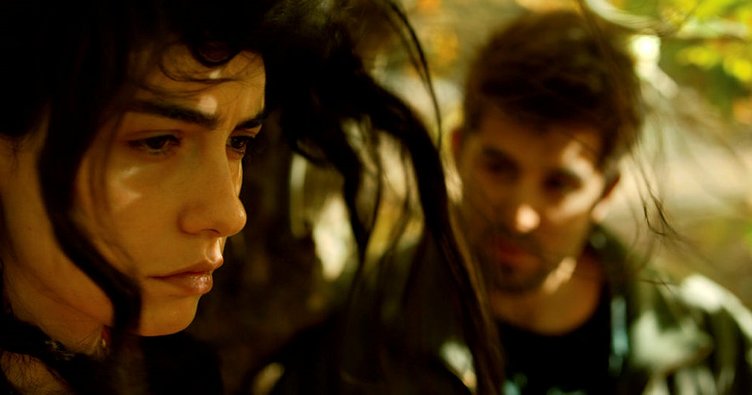Book & Film Review
Motherland Hotel – Yusuf Atılgan
Turkish author Yusuf Atilgan’s classic 1973 novel about alienation, obsession, and rapid decline examines the sickly mind of a man buried in deep loneliness.
This man named Zebercet is the owner of the Motherland Hotel and the only employee at the hotel other than the cleaner. Zebercet’s order does not change, they have the same days: Wake up at 6, drink tea at 7, and rape the cleaning lady almost every night!

Apart from going to the barber once a month and the bathhouse once every 6 months, Zebercet’s life is spent in the hotel. He speaks little and has limited contact with the outside world and other people. However, the turning point in the novel comes with a woman arriving at the hotel on a delayed Ankara train on a Thursday night.
The woman says she will stay at the hotel for one night and come back the next day again. This sentence turns into a false notion for Zebercet that he is waiting for a woman with who he can experience true love. The woman does not come the next day, but Zebercet prepares for that day with the belief that she will come one day.
He goes to the barber, gets his moustache trimmed, and buys new clothes. This period is the period when Zebercet opened up to the outside world.
As the woman’s arrival is delayed, Zebercet turns into someone who cannot control his mood under the influence of his impulses, which are mostly driven by sexual appetite and supported by some pressures from childhood.
This dark psychology and sick mind are depicted very successfully in the book. The reader wanders through Zebercet’s turbulent consciousness and visits his childhood and animal desires.
Zebercet insistently keeps the room the woman left in the same messy mess. He does not remove the towel and the glass, because changing the room will be a sign that he has lost the woman.
However, one day, the teacup in the room broke and the madness reached its peak. The breaking of the glass is an indication the woman will not return and Zebercet’s weakness. From this point on, the hotel will fall into dead silence.
The Wild Pear Tree – Nuri Bilge Ceylan
Nurı̇ Bı̇lge Ceylan is a Golden Palm Award-winning director who left his mark on recent Turkish cinema. Ceylan frequently describes rural life and rural people in his films; He portrays it as a place with “no exit”.
It tells about the small life and small negotiations of a person stuck in a vicious circle. While doing this, he puts his heroes in situations that can be ridiculed. He does not hesitate to show people’s helpless aspects.

The Wild Pear Tree – although it has a good sense of humour – is a movie that goes into the deepest depths of the countryside and searches for its darkest point. The desire to be something, to be someone, not to rot in a life whose boundaries have already been determined, not to be one of the identical people stuck in the same place. These are the main desires of the characters in Nuri Bilge Ceylan’s other films and the main character in The Wild Pear Tree.
This desire manifests itself as a desire to break away from where it is. It’s harder to escape the meaninglessness of life in a small place. Maybe this is why small settlements are chosen as locations in the director’s films.
Nuri Bilge Ceylan once again places a young man, who is bored with anxiety about the future, in a rural dead-end in Wild Pear Tree. Sinan went from his village in Çanakkale to the city centre for university and studied teaching.
After finishing school, he returned to his hometown as one of the hundreds of thousands of newly graduated teachers waiting to be appointed, with great concern about what he would do in the future.
The movie starts with this twist. Although Sinan states at every opportunity he has returned only temporarily, on the other hand, he is aware his village is a place with no exit for him.
Sinan embraces his dream of writing a book to remind himself that he is not permanent in his village and to make him feel that he is different from the people here.
However, from his rookie mistakes, inappropriate use of book quotes and funny intellectual shows, we understand that this is not a dream that can come true.
Moreover, we see that Sinan has not changed at all and is the same as the villagers he looks down on. Neither studying at university nor all those books took him away from his peasantry. That peasantry that he tried to escape remained in his walk, his stance, his accent and even his laughter.
This is at the core of Sinan’s tragedy; Not going where he thought he was going, not being the person he thought he was, not being what he hoped he would be. To have gone far enough to desire to break away from the countryside, not to the point of breaking away from it.
